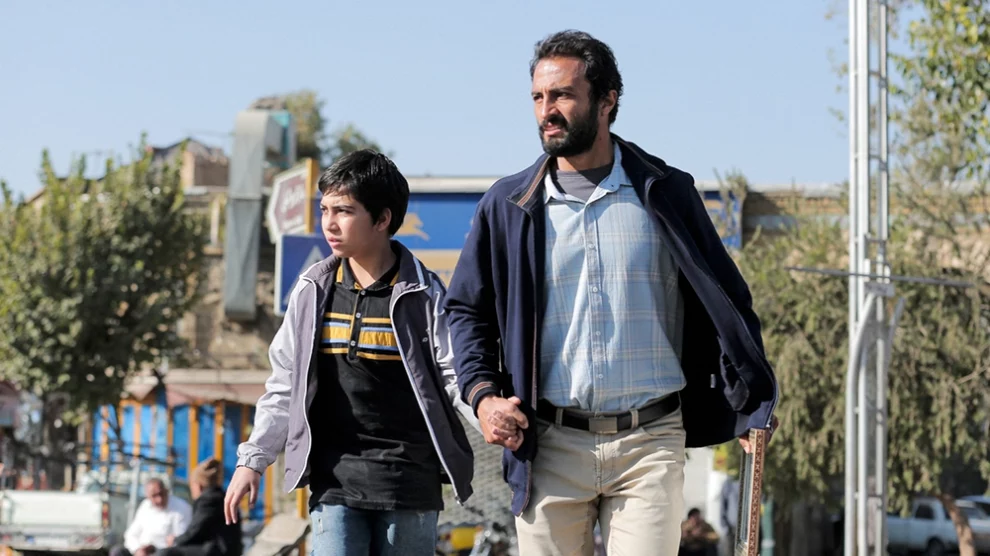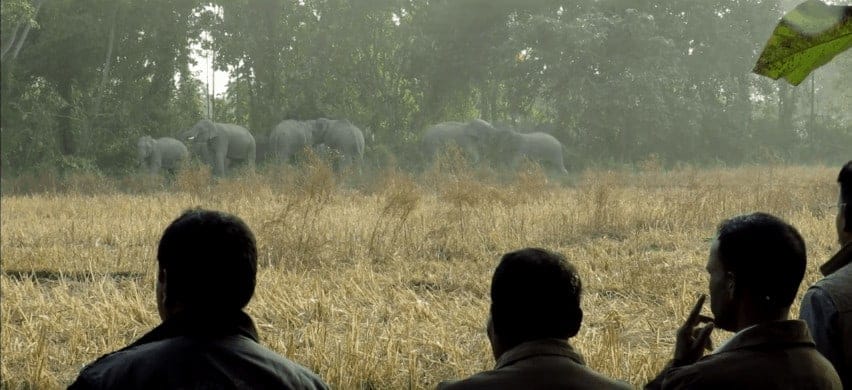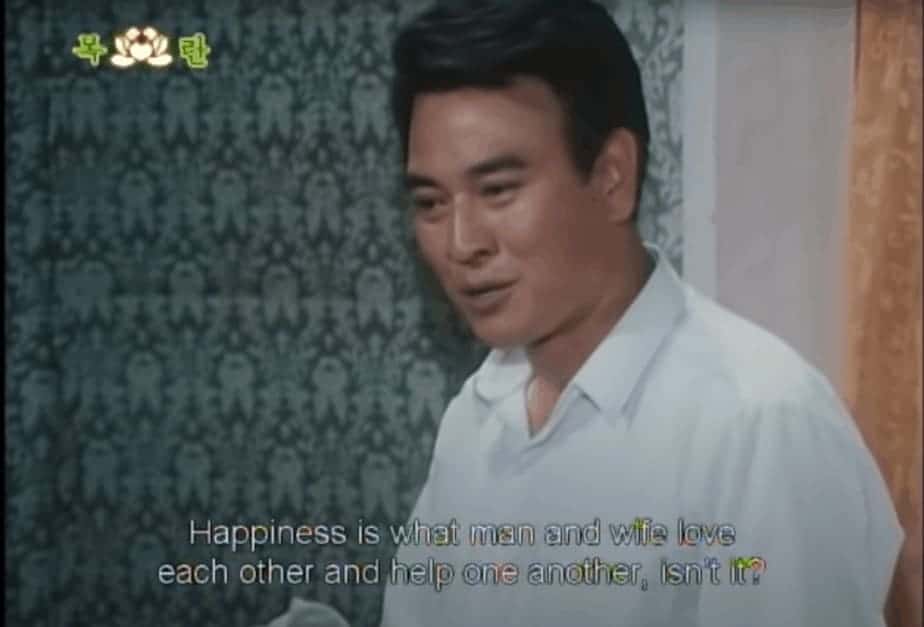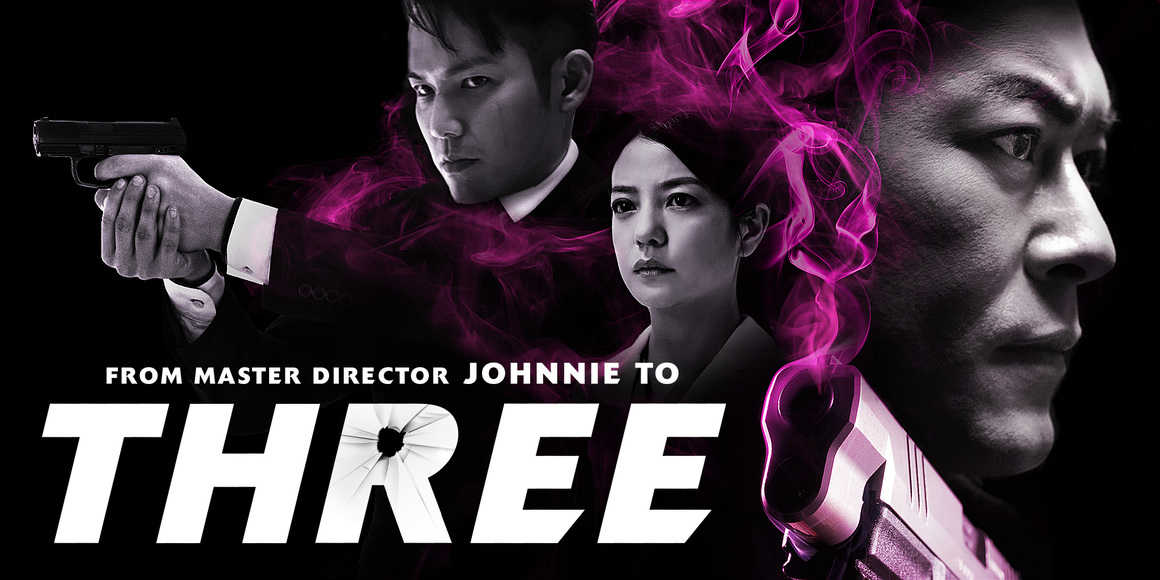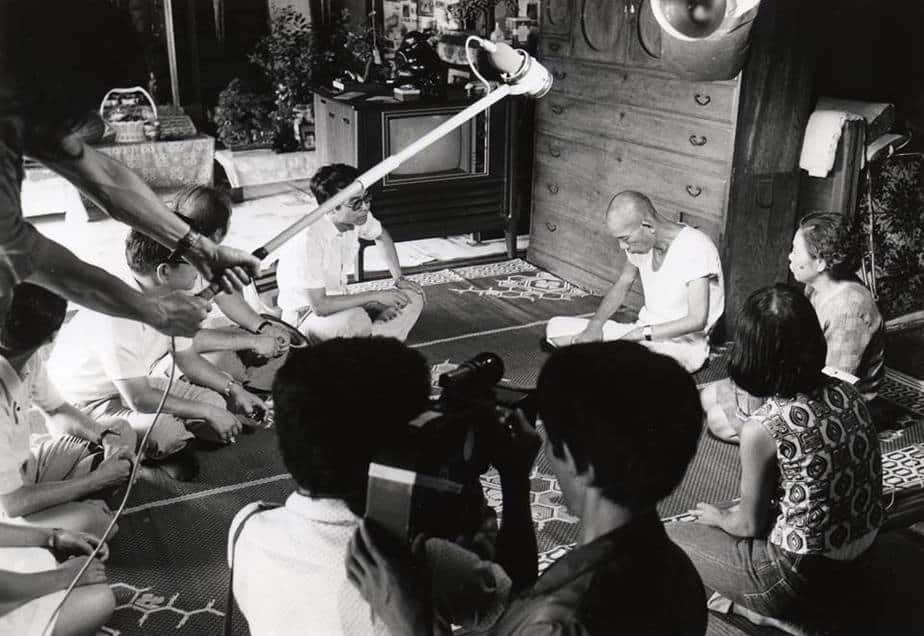Anglo-American titles took up much of the buzz at Telluride this year, with the exception of one title: Asghar Farhadi's “A Hero” (2021). Farhadi — known mostly for his Oscar-winning film “A Separation” (2011) — came back to the circuit to reap more awards. This Iranian Palme d'Or nominee triumphantly won the Grand Prix and the Francois Chalais Award at Cannes. Loaded with a beautifully subtle storyline and an irresistible cast of characters, this film is sure to see more accolades throughout the rest of the fest season.

In “A Hero,” one good deed blows up into a fiasco. Rahim (Amir Jadidi) is in prison because of debt. During his two-day leave, he and his secret lover Farkhondeh (Sahar Goldust) conspire to pay it off with a serendipitous bag of seventeen gold coins. Halfway through the transaction, however, Rahim decides to backtrack — and instead give the bag back to its owner. When the local papers find out, they don't leave him in peace. They praise him, televise him, and even award him with a charity fund and certificate to mark his valiant deed. Everyone seems to agree that Rahim is a hero… until his debtor (and former father-in-law) Bahram (Mohsen Tanabandeh) takes it upon himself to prove the world wrong. One little white lie leads to another, and Rahim's happiness ostensibly falls apart.
Like “A Separation,” Farhadi's latest work provides an incisive portrait of contemporary society. Instead of a divorce story, however, we see a fascinating take on surveillance. At first, it does seem to be good to record evidence to make Rahim's case: the CCTV shot of the bag's owner, Rahim's lauded TV interview, and even his highly-photographed charity event. When the camera changes hands, however, Rahim's public image makes a complete 180. On one level, this nod to camerawork feels like a wry wink from Farhadi to the act of recording. It adds a level of self-reflection, as well: who are we, simple onlookers, to judge a man's character?
In this way, Farhadi skillfully navigates the unique pillars of the 21st century (like Twitter, for example) without actually depicting social media. This is one of the ways where this film truly shines. Unlike a slick Netflix feature – with fancy chat bubble graphics and the iconic iPhone schwoop — Farhadi sticks to the basics. Analog wired telephones and burner cells scatter across the screen, allowing the viewer to make up their own mind as to Rahim's true intent.
Amir Jadidi performs wonderfully in his role as well. Indeed, his part is not an easy one. After all, he must consider – is he a hero? A villain? The victim, the middleman, the opportunist or the indebted? But Jadidi takes the audience along with him, equally reacting to his ever-shifting social landscape with a level of distance and disbelief. While everyone around Rahim possesses a clear-cut objective and role in the story, Jadidi's unsure expressions translate well into the ambiguity of his bit.
Rahim, then – our tragicomic star of “A Hero” – shines as an emblem of cancel culture. A role model, a father, a criminal and a whipping boy all at once, Rahim is a man of multiplicities that 280 characters cannot quite describe. This thought-provoking (and a touch absurd) film makes for a compelling watch. Farhadi, as usual, cuts deeper than the surface. Reflexively and reflectively, this film is sure to make you wonder.


